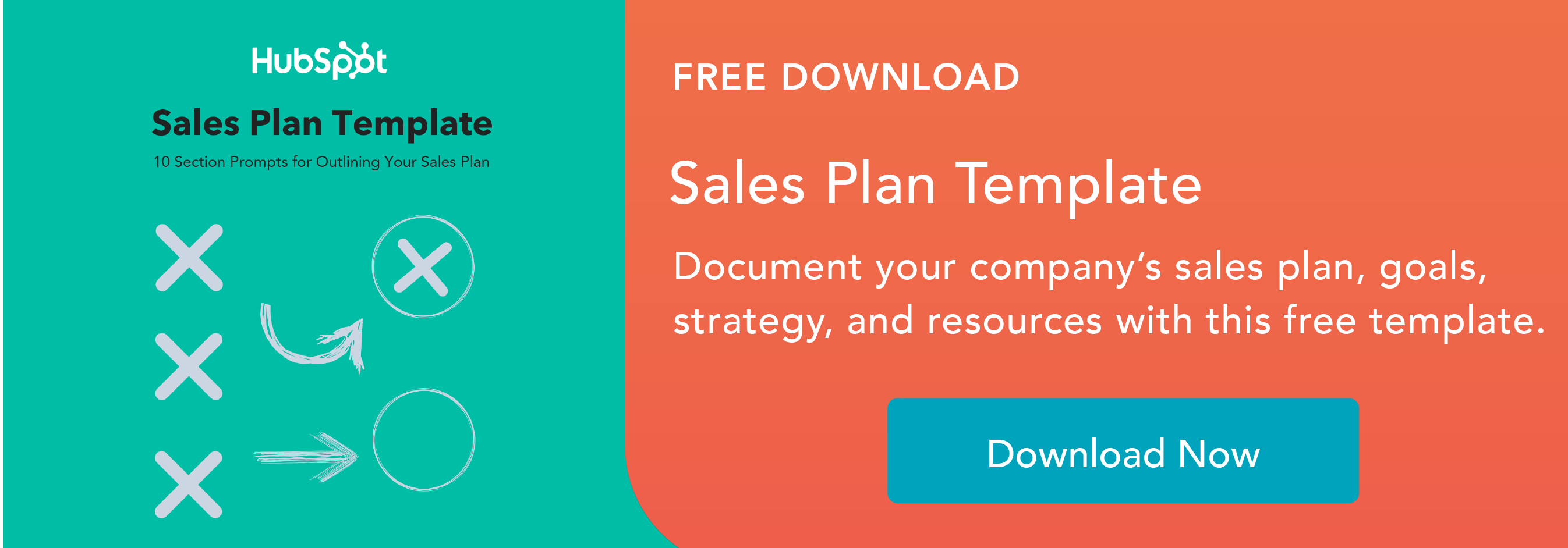Permission-based selling is essentially the sales equivalent of permission-based marketing — a marketing strategy that revolves around consumers opting into receiving promotional offers and announcements from a brand.
Permission-based selling takes that a step further. It lets a company interact with a prospect more pointedly — foregoing more indirect communication and interest-building in favor of straight-up sales engagement.
Sales permissions can take on a few forms. It could be something as explicit as a prospect providing their contact information for a free consultation advertised on a company's website — or it could be something a bit more subtle, like a prospect having both an established relationship with someone within a company and a demonstrated need for the kind of product that company sells.
As I said, permission-based selling is an intriguing, increasingly popular sales strategy that businesses should consider incorporating into their sales efforts, and it comes with its share of solid benefits.
1. Sales reps seem less pushy.
If a sales rep has a permissive in with a prospect, then their call, email, or engagement is much more welcome than it would be otherwise. One of the most consistent gripes prospects raise about salespeople is that they're too pushy. Permission-based selling helps remedy that issue.
It can cushion what might otherwise be awkward, borderline-confrontational interactions with prospects. Permission-based buyers will be more receptive to sales reps because they're probably expecting them. That understanding and comfortable anticipation can go a long way. It takes some strain off everyone involved, making their interactions seem less awkward and out of the blue.
2. Leads are automatically qualified.
In a similar vein to the point above, any lead on the buying end of a permission-based selling interaction is already qualified. The prospect has voluntarily provided their contact information, understanding that they'll probably be contacted.
That's the main value of this brand of sales. Salespeople can approach these engagements with some degree of familiarity and composure. Warm prospects are less combative and more interested — and permission-based selling could just as easily be called "prospect warming" … But that name is weirdly unsettling, so "permission-based selling" will do for now.
3. Reps have a picture of their prospects' interests.
Permission-based selling also gives sales reps the gift of context. Prospects rarely give up their contact information arbitrarily. Very few businesses have a space on their websites with a vague, blank contact information form that's not attached to any sort of offer or content.
And if one does, I can't imagine its "Give Us Your Contact Info Just Because" box is particularly effective. No, most businesses that engage in permission-based selling offer some sort of incentive — one that can clue salespeople into the nature of a prospect's interest in their business.
Maybe, they've requested a free trial of your product. Maybe, they've downloaded a specific content offer from a blog post. One way or another, a permission-based buyer has given your company some perspective on their interests. That understanding can help shape how a salesperson approaches the prospects they engage with.
4. It's a consultative approach that lets reps build trust with prospects.
As per HubSpot's definition, "Consultative selling is an approach that focuses on creating value and trust with a prospect and exploring their needs before offering a solution. The salesperson’s first objective is building a relationship; their second is providing the right product."
It's a strategy that allows sellers to uncover customer needs faster and position compelling solutions based on that information. Permission-based selling falls under the consultative selling umbrella. It provides a starting point for the relationship-building that defines that particular brand of sales.
Knowing the nature and source of a prospect's interest allows you to tailor a personalized sales pitch based on trust and understanding — one that will make your reps feel comfortable and engaged.
5. It adds a sense of legitimacy to your offering.
If your offering is backed by some sort of content or initial pitch — compelling enough to capture a prospect's interest — you get to approach your interaction with them with some legitimizing context. Permission-based selling is rooted in faith in a company's credibility.
These kinds of sales efforts have to start with a prospect either offering their contact information to your business or giving your company their consent to be contacted. Very few prospects will do that for just any company.
That kind of trust is reserved for businesses they deem valuable and legitimate. Having the momentum set by that perceived legitimacy streamlines outreach for salespeople and sets the prospects involved at ease.
Permission-based selling is an exciting strategy that might be worth incorporating into your company's broader sales efforts. When done right it can be extremely effective and takes some strain off of your sales reps — particularly when conducting outreach to new leads.
If you have the necessary interest, open-mindedness, and resources to shake up your sales methods with an effective new tactic, consider giving permission-based sales a shot.
Sales Methodology

.jpg)




![I Learned How Sales Champions Drive Deals Forward — Here’s What You Should Know [+ Recent Data]](https://53.fs1.hubspotusercontent-na1.net/hubfs/53/sales-champion-1-20250110-9355712-1.webp)
![Decoding Buying Signals in Sales [+ Examples & What I Learned]](https://53.fs1.hubspotusercontent-na1.net/hubfs/53/buying-signals-1-20250501-3647992.webp)



-3.webp)
